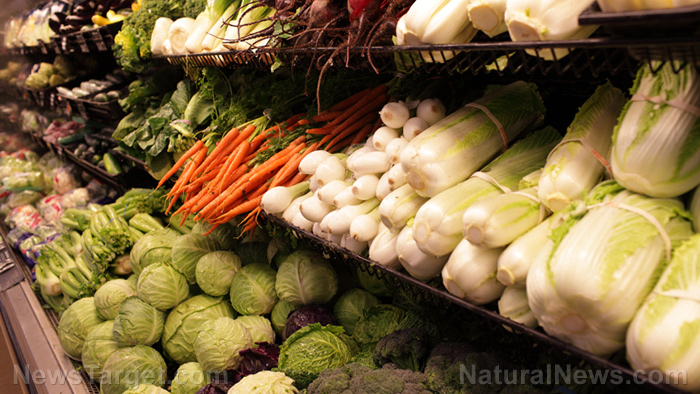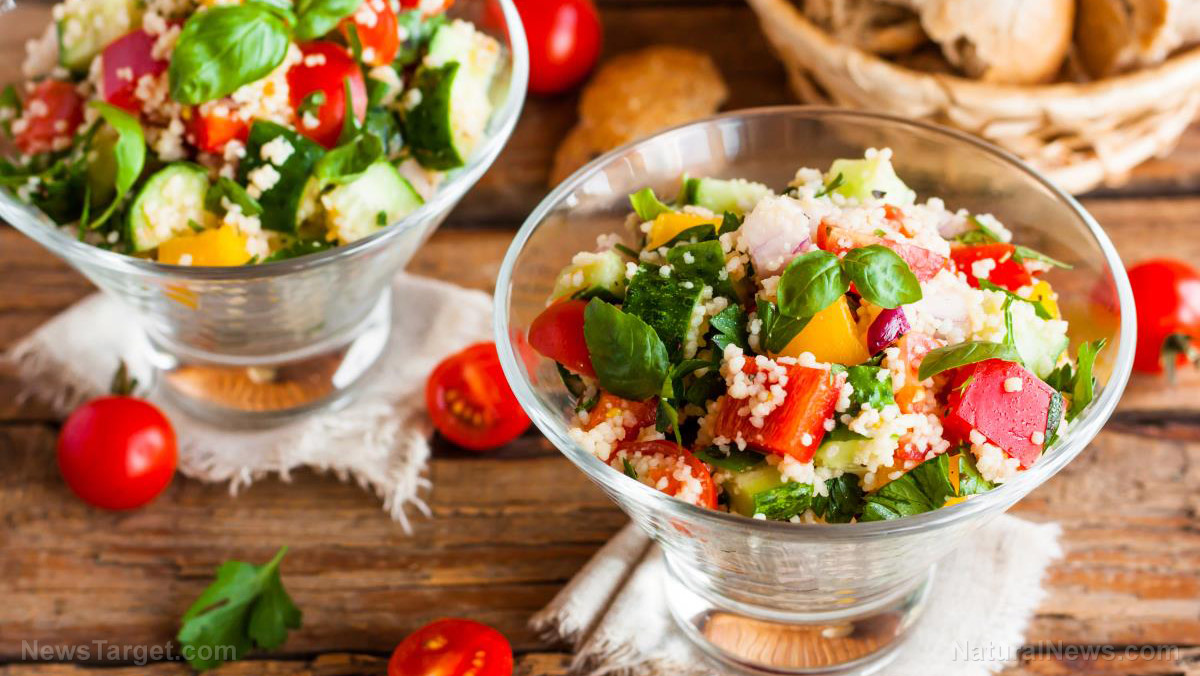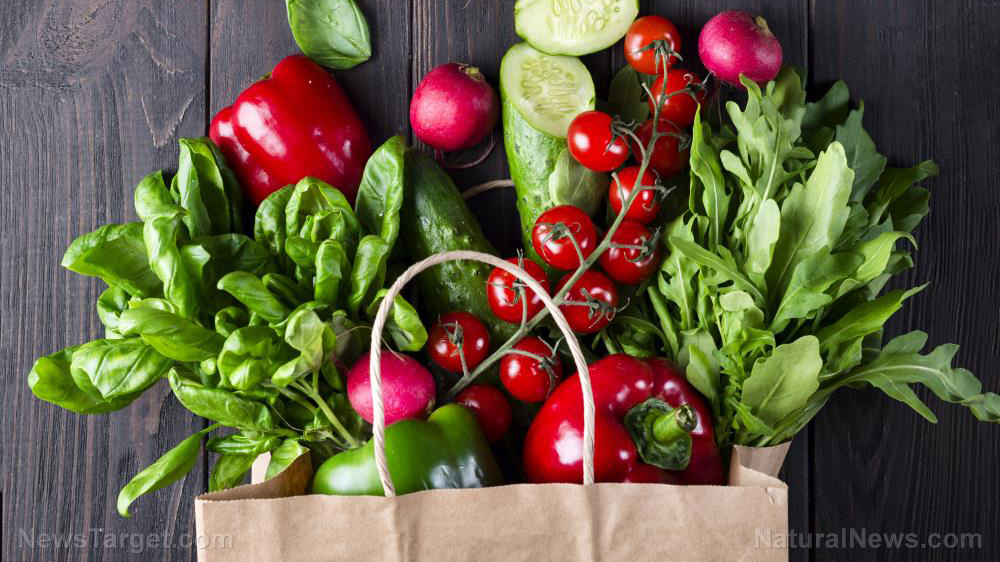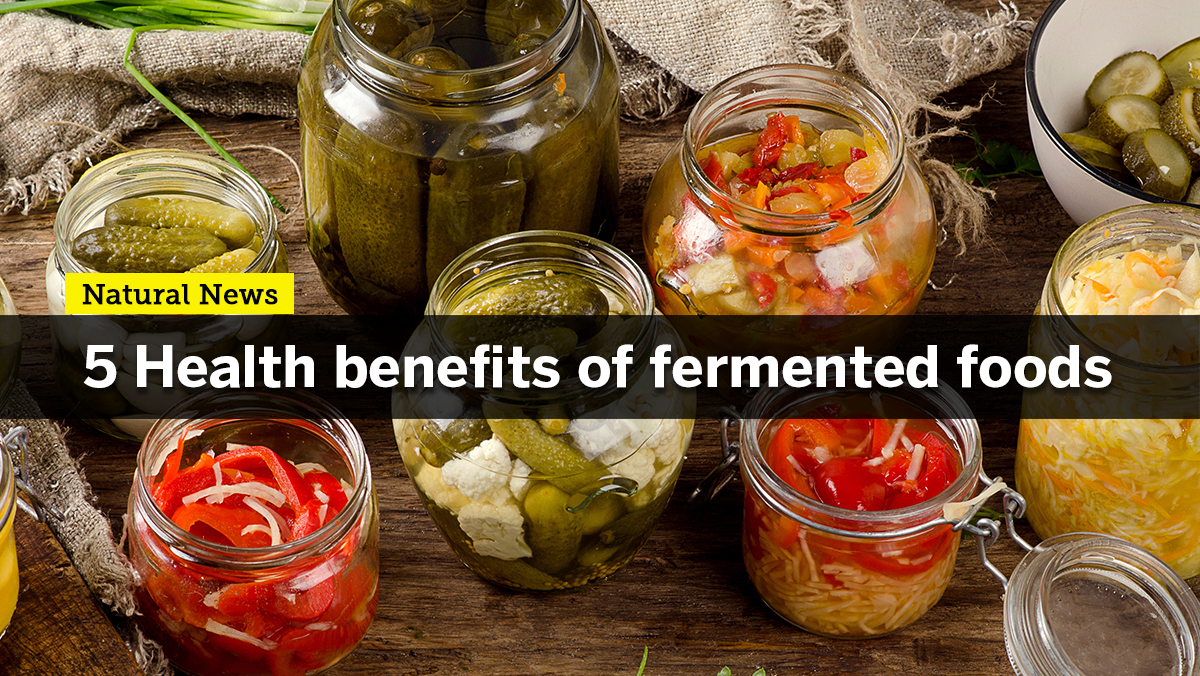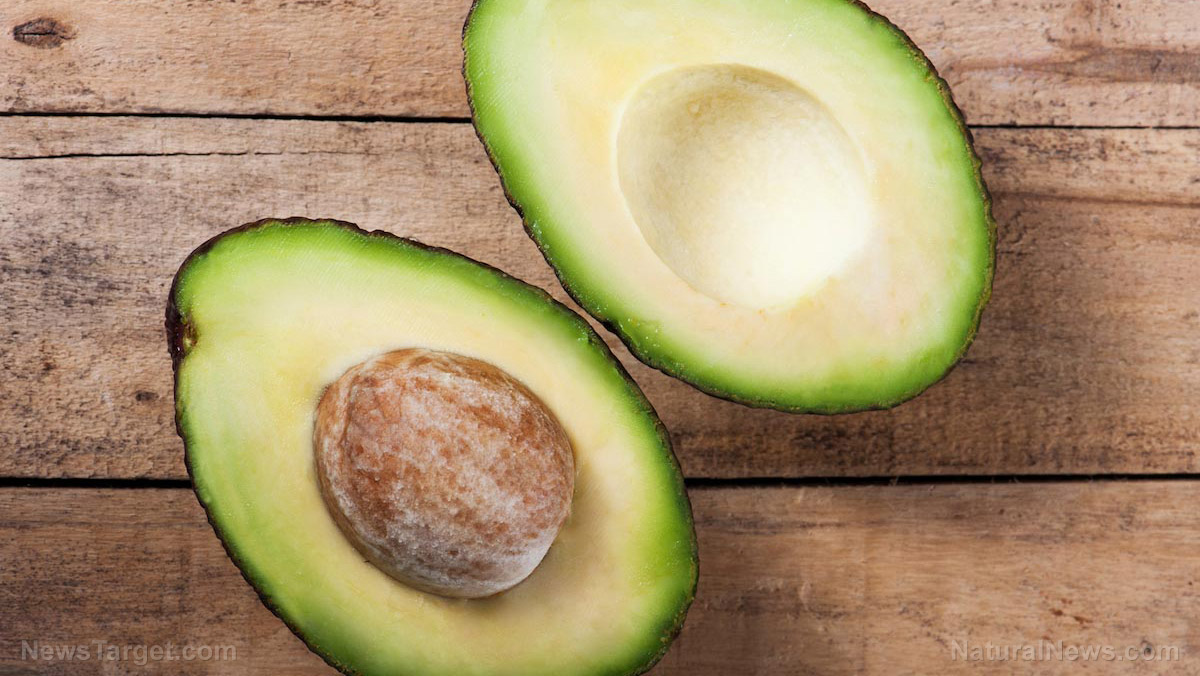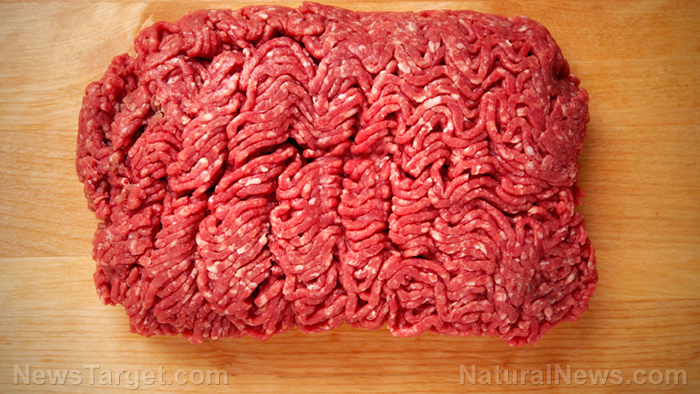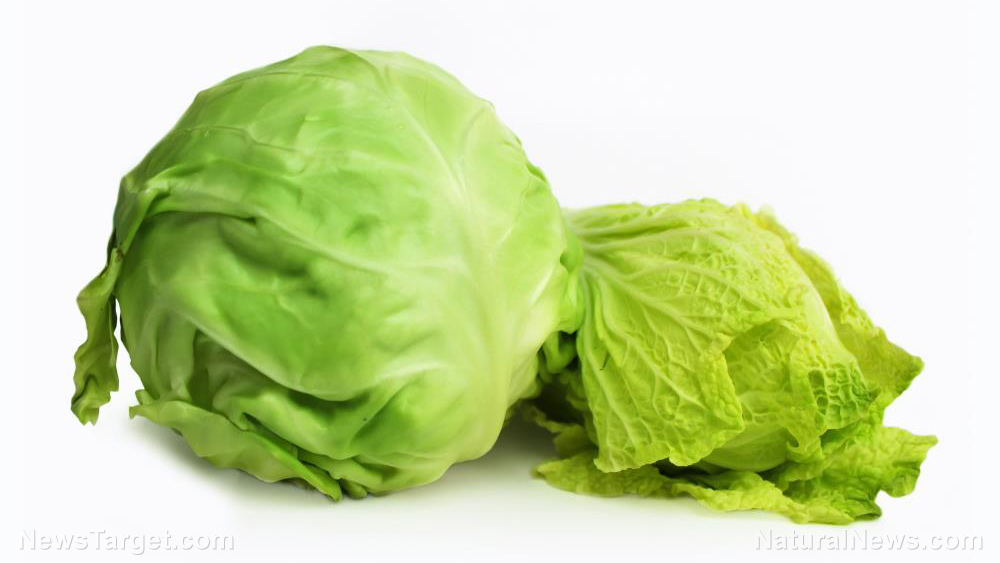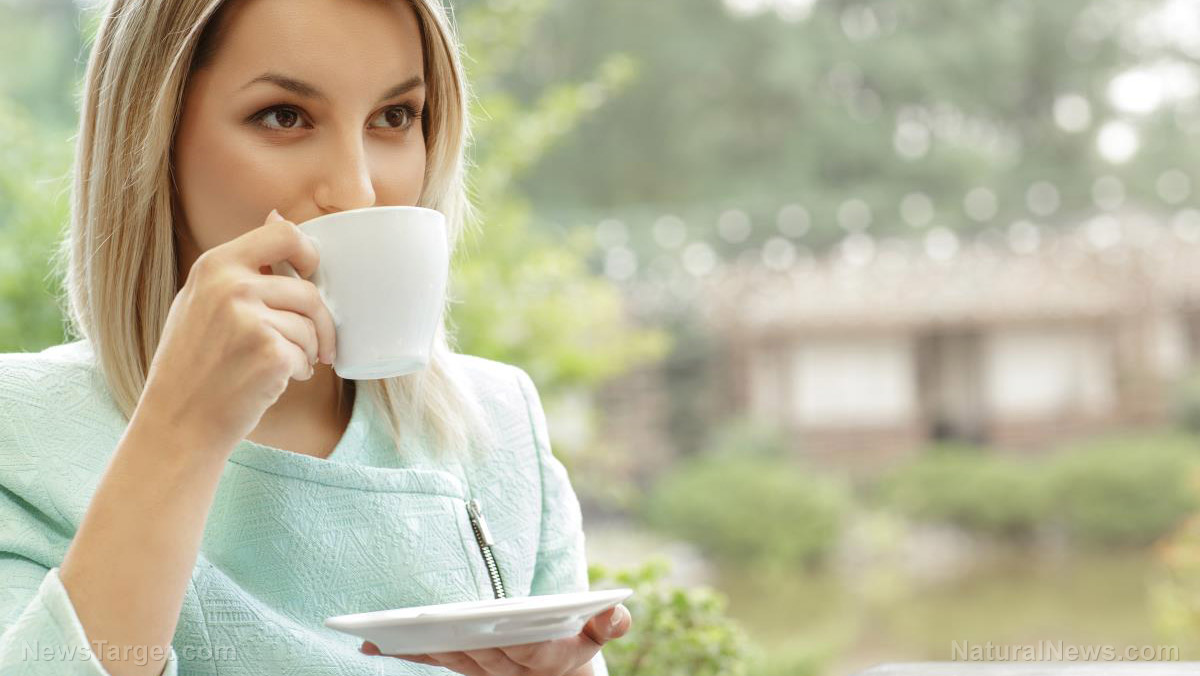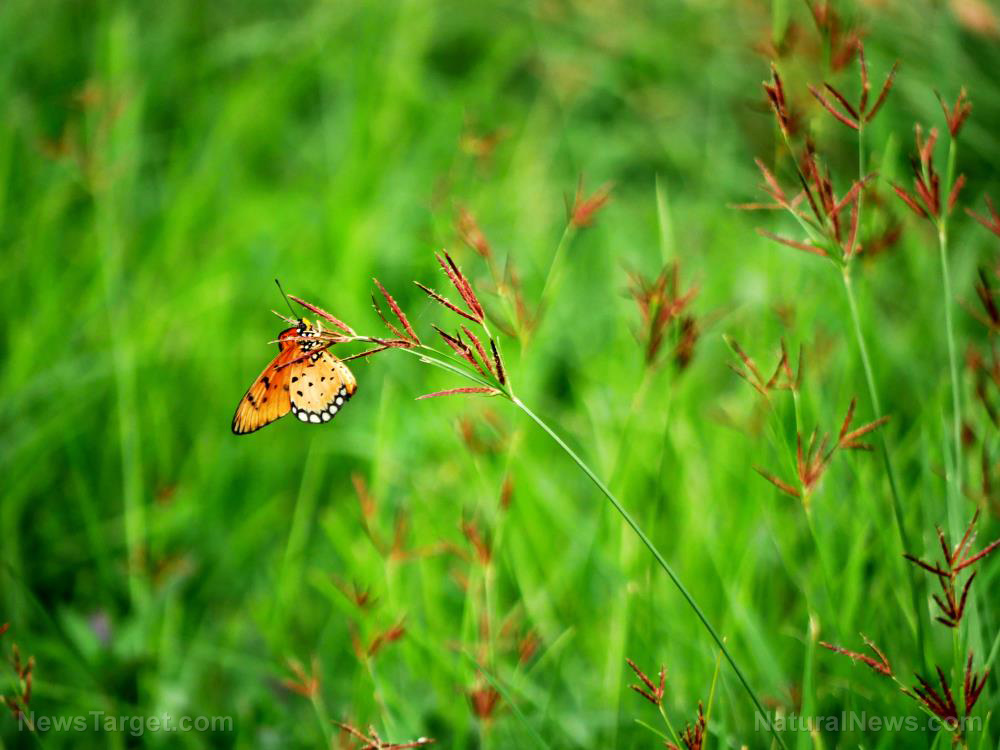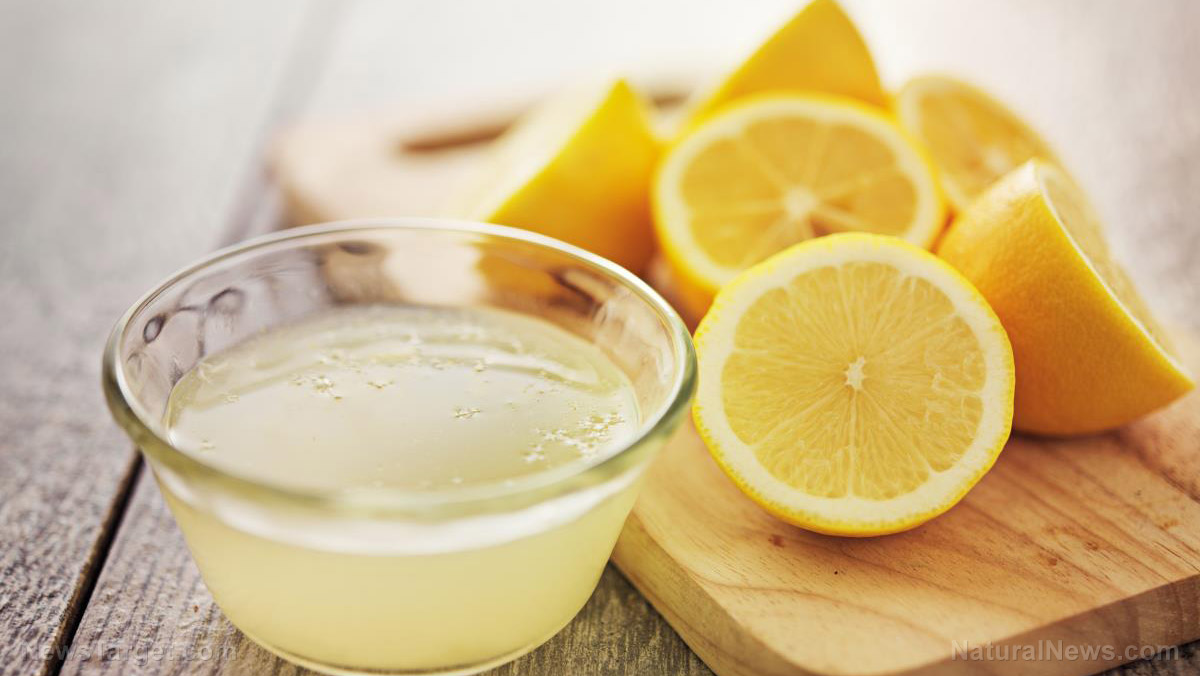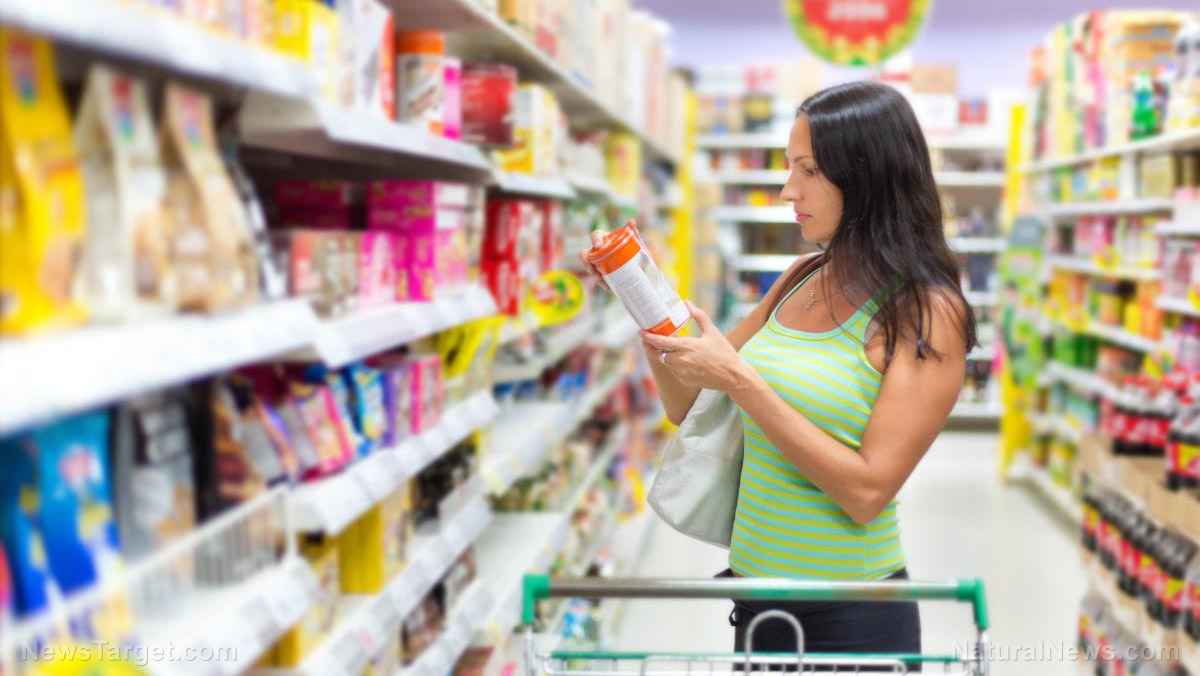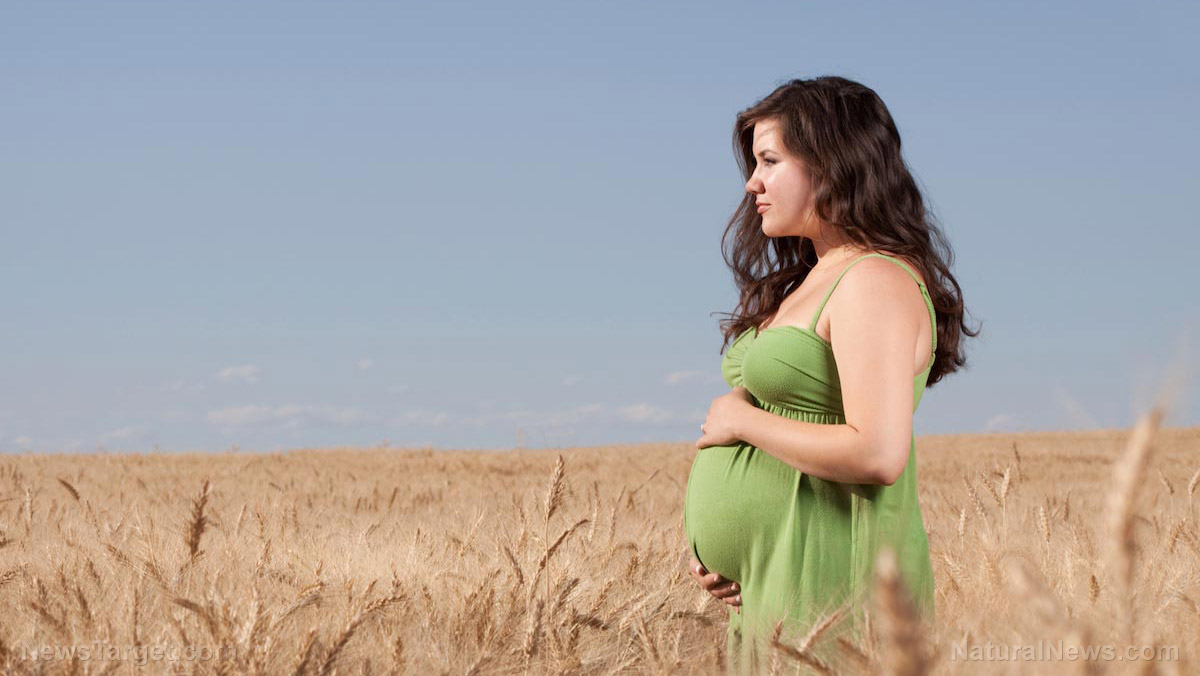Dogs are part of the family, but have a different digestive system: Do you know which people foods they can eat?
08/29/2019 / By Stephanie Diaz
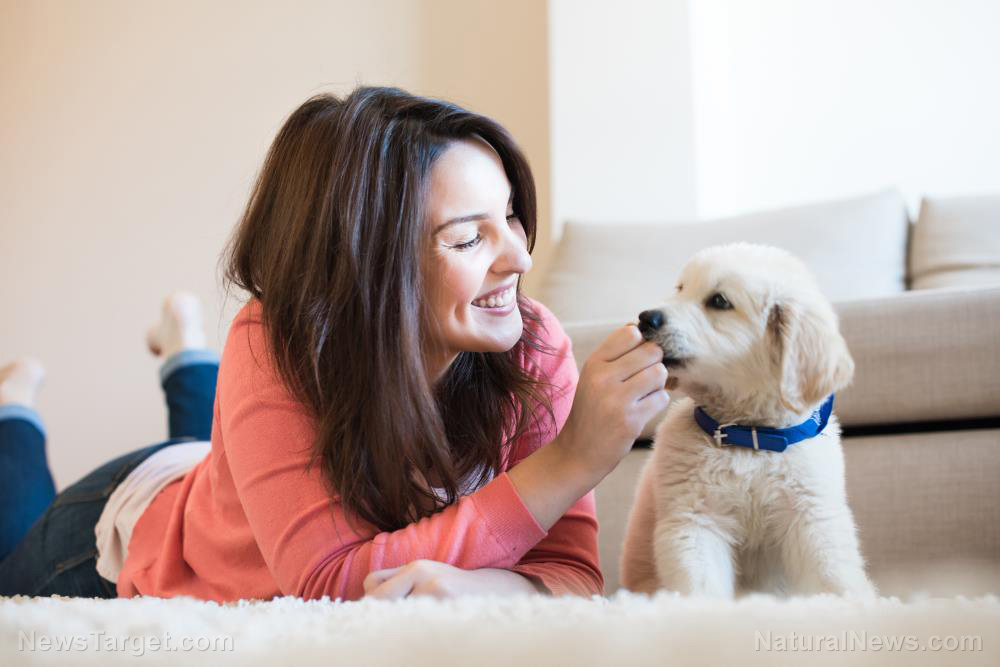
If you have a dog or had one before, then you know how hard it is to resist those puppy-dog eyes when they come near the dinner table. The first thing a new pet owner is told, however, is to be cautious in feeding dogs. What’s perfectly fine and delicious to a human can be toxic and harmful to dogs. If you’re the type of pet lover who cares deeply about your dog’s well-being, this article will help you learn which foods you can share with your canine friend and which ones you should keep out of their reach.
Human foods that are safe for dogs to eat
Giving your dog some human food is a nice way to reward them for being good. The list below details some of the food items that are safe for dogs to eat. (Related: Pet food revealed: Consumer Wellness Center posts nutritional review of 570 pet food ingredients.)
- Carrots: Carrots are rich in vitamin A, which are beneficial to dogs. Vitamin A helps them maintain a shiny coat and helps boost their immune system. Carrots can also help maintain their oral health. Chewing on this orange vegetable removes plaque on the surface of their teeth.
- Apples: Apples contain vitamins A and C, which are beneficial for dogs. It is also rich in fiber which can aid digestion. Important: Do not feed your dog food that you will not eat. Rotten apples are dangerous for dogs because they can cause alcohol poisoning.
- White rice: Cooked white rice is a good option for dogs with an upset stomach. Plain white rice is easy to digest and helps bind stool. However, if your dog suffers from diabetes, limit their intake of white rice because it can cause their blood sugar to rise.
- Dairy products: Dogs are allowed to eat small quantities of dairy, provided that they are not lactose intolerant. Although they can digest lactose, too much dairy can cause digestive problems.
- Peanut butter: Dogs can benefit from eating peanut butter. It is rich in vitamin B and E, niacin, and protein. However, make sure that the peanut butter does not contain artificial sugar such as xylitol. Although xylitol is safe for human consumption, it is highly poisonous for dogs.
- Eggs: Boiled and scrambled eggs are a great way to add protein to your dog’s diet. It is also a rich source of riboflavin and selenium.
- Watermelon: Watermelons are perfectly safe for dogs, but make sure to remove the seeds before feeding it to them. Watermelons contain a large amount of water that can keep your dogs hydrated. It is also a good source of vitamins A, C, and B6.
- Salmon: Cooked salmon is a good source of omega-3 fatty acids. This micronutrient will keep your dog’s coat healthy and shiny as well as boost their immune system.
- Blackberries: Fresh or frozen blackberries are safe for dogs. They are a rich source of vitamins, minerals, and antioxidants. Blackberries also contain fiber which can help your dog’s digestive system.
- Green peas: Many dog foods contain green peas. It is an excellent source of micronutrients and is low in calories.
- Sweet potatoes: This tuber is easy to digest and is rich in vitamin A, which improves eye health and the immune system.
These are just a few examples of human food that are safe for dog consumption. While most dog foods already provide all the nutrients they need, giving them human food once in a while is a good treat.
Sources include:
Tagged Under: #nutrition, apples, blackberries, canines, carrots, dairy, dog diet, dog food, dogs, eggs, Green peas, minerals, omega 3, peanut butter, Pet food, pet health, Pets, protein, salmon, sweet potato, vegetables, vitamins, watermelon, white rice
RECENT NEWS & ARTICLES
COPYRIGHT © 2017 GROCERY NEWS

